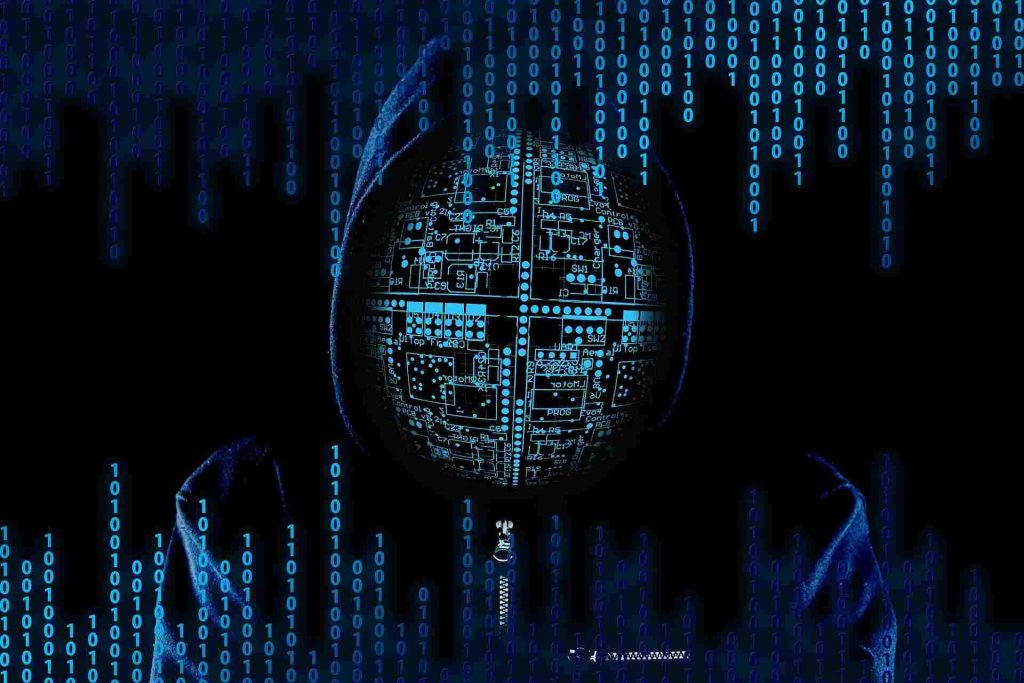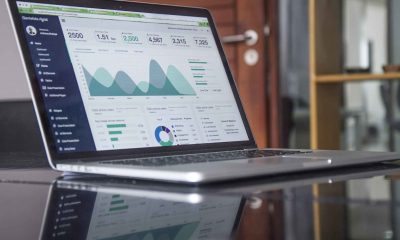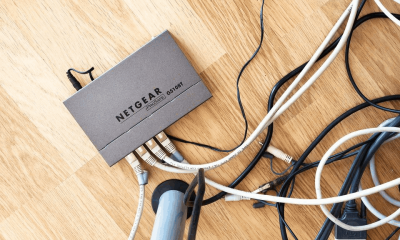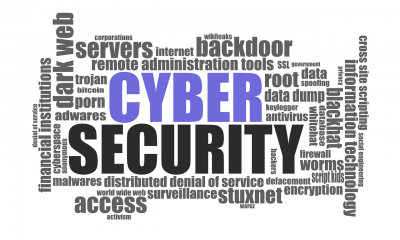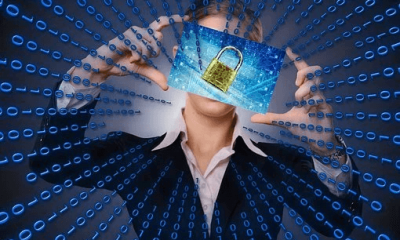Many imagine that no one would ever be interested in their data and because of that, they should be completely safe online. But this is not the case. Anyone who uses the Internet is technically at risk of an attack. This includes both larger corporations, small businesses, and individual people.
Use Strong, Random Passwords
The first key to staying safe online is of course your passwords. Your passwords are the first barrier someone who is not allowed access to your data will meet. Many fail to make this password strong enough, instead of picking an easy-to-guess password that they proceed to use on every account. This puts your data at a huge risk, as one leak will make everything vulnerable. To make sure you create and use secure passwords, you can use a password generator such as https://passwordhero.com/. Sites like these generate safe passwords for you randomly – but you need to make sure that the generator you’re using is safe as well. Unsafe generators can secretly be selling your generated passwords to a third party, which is obviously a security risk to be aware of.
Get a Good VPN and Antivirus
Having strong passwords is the simplest and most effective way to protect your data, but it can’t protect you from sites trying to get your data. While browsing the Internet, you can come across some sketchy sites that may be logging some of your personal data illegally. To overcome this problem, you should make use of a VPN, which is short for Virtual Private Network. A VPN will keep your data secure online by securing your access to the Internet and encrypting everything you’re doing. This will make your data safe from monitoring from websites or hackers, even while you’re using public Wi-Fi. If you want to take an additional step to guard your data, make sure to also have an antivirus program installed on your devices. This will protect your data even further, as it protects against malware that might end up on your computer or another device. You can get malware by simply downloading or even just opening an attachment on an email. Malware can destroy everything on your devices without any chance of saving anything. So be sure to take the protective measures necessary to avoid losing your data.
Attacks to Look Out for
Cyberattacks, in general, have gone up a lot in recent years, especially after the pandemic forced many people to work from home. This made a lot of data less secure online worldwide. Especially ransomware cyberattacks have risen by over 100% in 2021. These types of attacks are done to accumulate money for the hackers. They overtake your devices and make them unable to function until you pay a ransom to get them back. These types of attacks are an easy way for hackers to gain money, as both people and companies are willing to pay large amounts of money to regain their data. To save both time and money, you should most definitely use strong passwords, a good VPN when browsing, and get an antivirus program to protect your devices from dangerous malware. If you do all of these things, you have done what you can to stay safe on the Internet.
